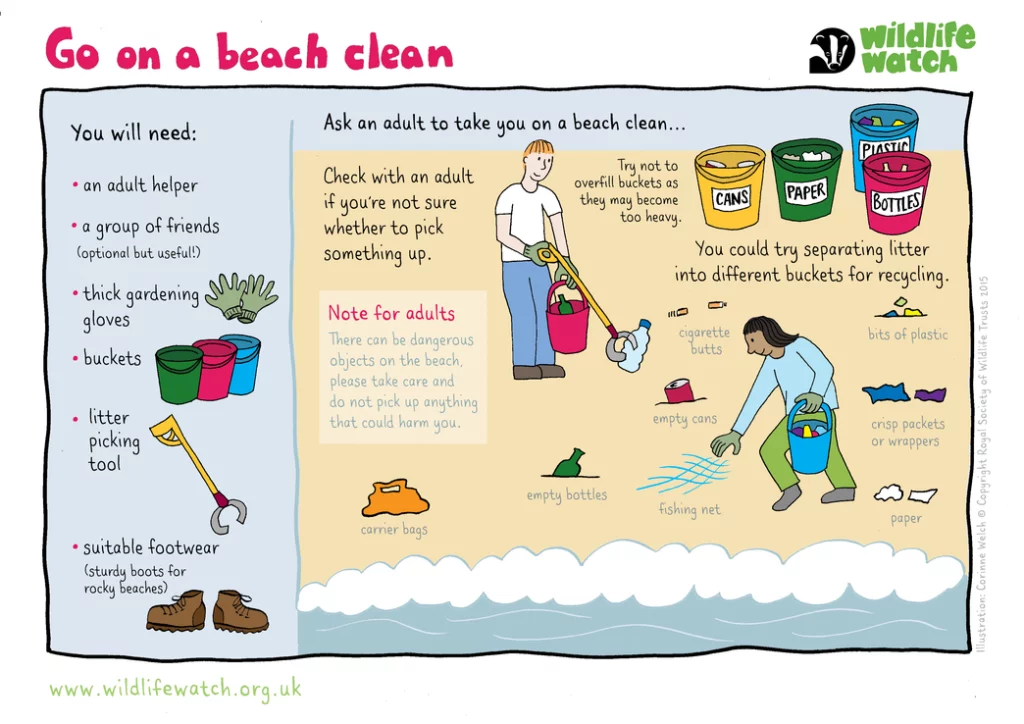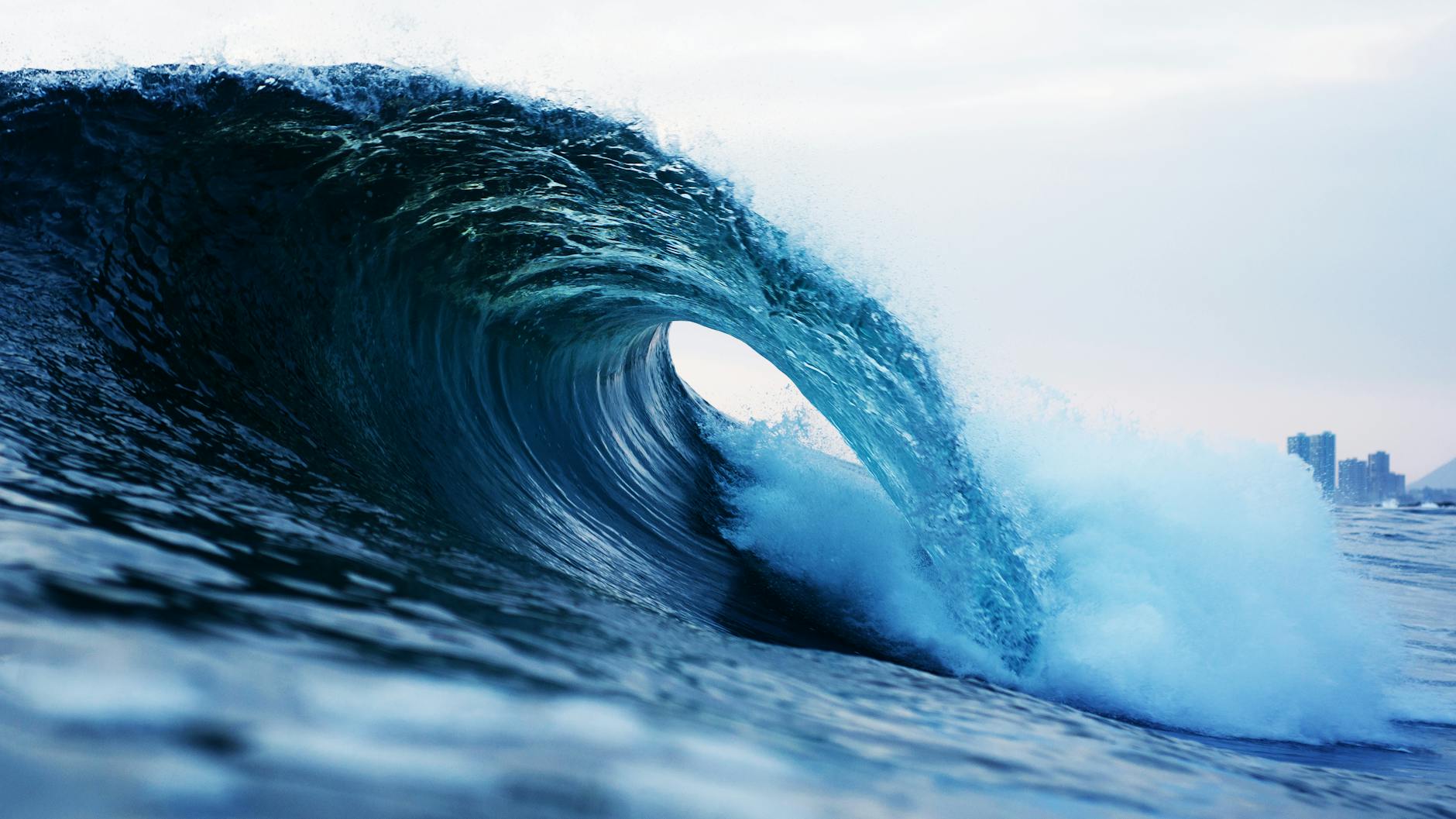National Marine Week starts on 27th July and runs till 11th August. National Marine Week is an opportunity to celebrate and appreciate the wonderful wildlife we have here in our seas. We have only explored 5% of our oceans, so who knows what other marine life is out there yet to be discovered!
There are lots of ways to get involved. Here are our top 5:
1. Report what you see on a shoreline near you
Head to the local beach and look at what you find. Make a note! Take the opportunity to learn more about our marine wildlife, how we as Individuals can help protect them and why it is so important. There are so many beautiful, diverse, and interesting creatures to learn about.
2. Take action at home
As we head towards the summer hoilidays get the kids involvd. There are lots of projects you can do at home in small gardens or large ones. From making a Bee Hotel to a Hedgehog Home, Wilding an area of garden to taking bigger steps and making a Pond there is a project for any tiny mind to get involved with!
3. Find a local event
There is lots going on during Marine week, so find an event and support is. Take the kids and help them to build positive habbits while they are young!
4. Get active and pick up litter

Every year, an estimated 8 million tonnes of litter enters the world’s oceans. Plastic poses the biggest threat to marine wildlife as it doesn’t just disappear; it simply breaks down into smaller and smaller pieces, and has detrimental effects on food chains, working its way up from the tiniest plankton into the bodies of sharks, whales and dolphins.
But it’s not just our marine life at risk from litter. Mammals like hedgehogs and birds like swans frequently suffer injuries as a result of getting caught up in waste. Plastic Free July puts the spotlight on why plastic is bad.
5. Use less plastic to avoid it getting into the waterways
While recycling plastic is often hailed as a solution, it is estimated that only 9% of plastics ever manufactured have actually been recycled! Not everything you put in your recycling bin will get recycled either. The limited demand for products made from recycled plastic means that a large proportion of plastic sent to be recycled actually winds up getting burned or sent to landfill.
The good news is we can all do our bit to cut down on unnecessary plastic! Once you start looking, you might be surprised at just how much plastic is woven into our daily and weekly routines. You may already bring your own shopping bags, coffee cups and reusable bottles, but there are plenty more small changes you can make to shrink your plastic footprint!
